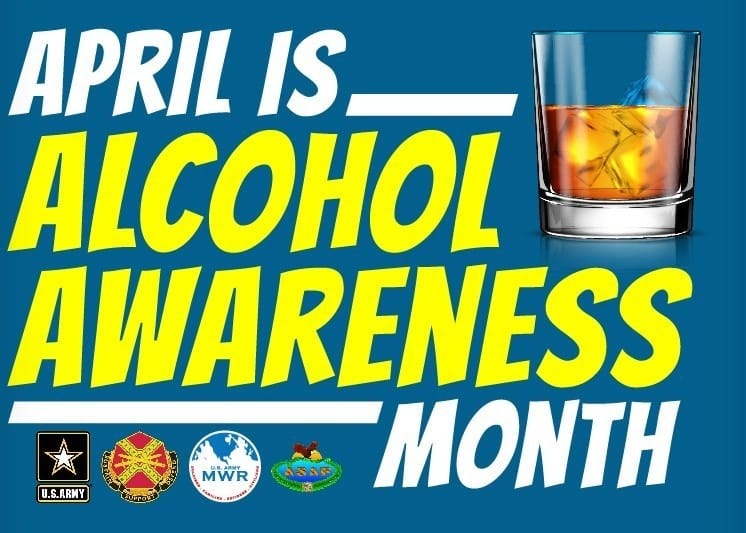The recent announcement from Washington state regarding 14 confirmed cases of avian influenza in humans has prompted a wave of concern and curiosity among residents, particularly in Clark County. Avian influenza, commonly known as bird flu, is a viral infection that primarily affects birds but can also infect humans under certain circumstances. Understanding the nature of this virus, its transmission, and the necessary precautions is essential for public health and safety.
Avian influenza is caused by influenza viruses that primarily infect birds, especially domestic poultry. The most notable strains of the virus include H5N1 and H7N9, which have been associated with severe illness in humans. While the transmission of avian influenza from birds to humans is rare, it can occur, particularly in individuals who have close contact with infected birds or contaminated environments. The recent cases in Washington highlight the importance of vigilance and awareness regarding this virus.
The symptoms of avian influenza in humans can range from mild to severe and may include fever, cough, sore throat, muscle aches, and in some cases, severe respiratory distress. It is crucial for individuals who exhibit these symptoms, especially those with a history of exposure to birds or poultry, to seek medical attention promptly. Early diagnosis and treatment can significantly improve outcomes and reduce the risk of complications.
Preventive measures are vital in controlling the spread of avian influenza. Individuals are advised to avoid direct contact with wild birds and poultry, particularly in areas where outbreaks have been reported. It is also essential to practice good hygiene, such as washing hands thoroughly after handling birds or visiting farms. Additionally, individuals should be cautious when consuming poultry products, ensuring that they are cooked thoroughly to eliminate any potential viral presence.
Public health officials in Clark County are closely monitoring the situation and are prepared to implement measures to protect the community. This includes increased surveillance of bird populations, public awareness campaigns, and guidelines for poultry farmers and bird handlers. Residents are encouraged to stay informed through official channels and to report any unusual bird deaths or illnesses to local authorities.
Vaccination is another critical aspect of preventing the spread of avian influenza. While there is currently no specific vaccine for avian influenza in humans, seasonal flu vaccines can provide some level of protection against certain strains of the virus. Public health agencies recommend that individuals, especially those in high-risk categories, receive their annual flu vaccinations to bolster their immune defenses.
In addition to individual preventive measures, community engagement plays a significant role in managing the risk of avian influenza. Residents are encouraged to participate in local health initiatives, attend informational sessions, and share knowledge about the virus and its prevention. By fostering a community-wide understanding of avian influenza, Clark County can enhance its resilience against potential outbreaks.
As the situation evolves, it is essential for residents to remain vigilant and informed. The Washington State Department of Health and local health authorities will continue to provide updates and guidance regarding avian influenza. It is crucial for individuals to stay connected with these resources to ensure they have the most current information and recommendations.
In conclusion, the recent report of 14 human cases of avian influenza in Washington serves as a reminder of the importance of public health awareness and preventive measures. By understanding the nature of avian influenza, recognizing its symptoms, and adhering to recommended precautions, residents of Clark County can contribute to the overall safety and health of their community. As we navigate this situation, collective efforts and informed actions will be key in mitigating the risks associated with avian influenza.


